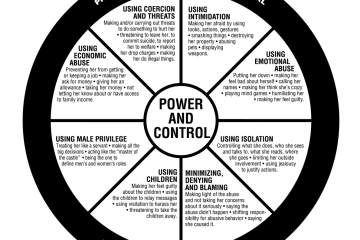Understanding Bad Thoughts: Nature, Causes, and Management

Introduction
Bad thoughts, often characterized as negative or distressing cognitive patterns, can significantly impact an individual’s mental health and overall quality of life. The importance of addressing these thoughts lies in their potential to escalate into more serious mental health issues, such as anxiety and depression. With the increasing prevalence of mental health discussions around the globe, understanding bad thoughts has become a relevant and critical topic for many.
The Nature of Bad Thoughts
Bad thoughts can manifest in various forms, including worries about the future, ruminations on past mistakes, or intrusive thoughts that seem to appear out of nowhere. These thoughts may often be irrational and disproportionate to a person’s circumstances. Research indicates that everyone experiences negative thoughts at times. However, when these thoughts become persistent or overwhelming, they can lead to distress and dysfunction.
Causes of Bad Thoughts
The causes of bad thoughts are multifaceted. They can be influenced by previous traumas, stress, anxiety disorders, or even a challenging environment. Cognitive distortions—such as all-or-nothing thinking, catastrophizing, and overgeneralization—might also contribute to the development of negative thought patterns. Genetics and biological factors can play a role as well. Understanding these triggers can help individuals take proactive steps to manage their thoughts.
Coping Strategies
Managing bad thoughts requires a combination of self-awareness, practical strategies, and often professional support. Some effective coping mechanisms include:
- Cognitive Behavioural Therapy (CBT): This is a commonly used therapeutic approach that helps individuals identify and challenge their negative thought patterns.
- Meditation and Mindfulness: Practicing mindfulness can aid in recognising bad thoughts without judgment, allowing individuals to create distance from their thoughts.
- Physical Activity: Regular exercise has been shown to boost mood and reduce anxiety, providing a healthy outlet for stress and negative thoughts.
- Talking to Someone: Sharing one’s feelings with a trusted friend, family member, or mental health professional can provide relief and new perspectives.
Conclusion
Bad thoughts, while a common human experience, can significantly compromise mental health when left unaddressed. By understanding their nature, causes, and implementing effective coping strategies, individuals can reclaim control over their mental well-being. Mental health education and access to resources are essential in helping those affected by persistent negative thinking patterns. As society continues to break the stigma surrounding mental health, the dialogue about bad thoughts will hopefully lead to better understanding and support for individuals in need.









